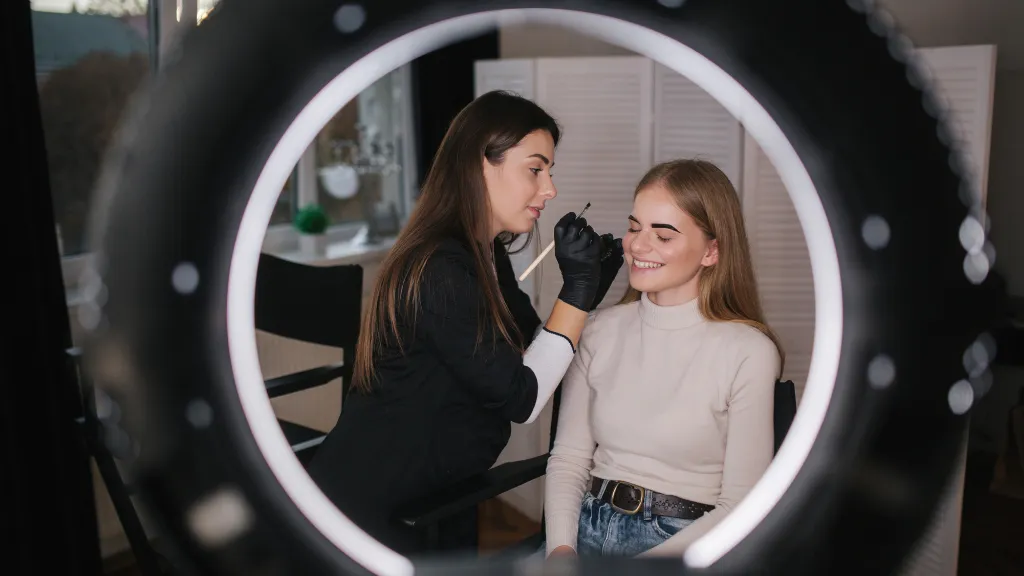Bringing a new life into the world is an emotional and transformative experience, but for some new mothers, it can be accompanied by complex mental health challenges. One such condition is postpartum psychosis, a rare but severe mental health issue that requires immediate attention and care. Though postpartum psychosis affects only about 1 to 2 out of every 1,000 births, understanding this condition is crucial for new mothers, their families, and anyone involved in postpartum care.
In this article, we’ll explore the signs, causes, treatment options, and support strategies for postpartum psychosis, helping to spread awareness and reduce the stigma surrounding this mental health challenge.
You May Also Like: How to Say No: 7 Ways to Let People Down Gently and Feel Good About It
1. What is Postpartum Psychosis?
Postpartum psychosis is a severe mental health condition that typically arises within the first two weeks after childbirth. It differs significantly from postpartum depression (PPD) in both intensity and symptoms, often involving hallucinations, delusions, paranoia, mood swings, and an altered perception of reality.
This rare condition can escalate quickly, and because of its potential severity, it’s considered a psychiatric emergency. Women experiencing postpartum psychosis require immediate medical intervention to ensure their safety and the safety of those around them.
2. Recognizing the Symptoms of Postpartum Psychosis
Symptoms of postpartum psychosis are markedly different from the “baby blues” or even postpartum depression. It’s essential to recognize these symptoms, as early intervention can make a significant difference in treatment outcomes. Common symptoms include:
- Hallucinations – Seeing, hearing, or feeling things that aren’t there.
- Delusions – Beliefs that aren’t based in reality, often involving paranoia or irrational fears.
- Severe mood swings – Intense shifts between manic and depressive states.
- Confusion and disorientation – Difficulty distinguishing reality from fantasy, causing significant confusion.
- Hyperactivity or extreme energy – Some women experience periods of intense energy and sleeplessness.
- Risky or impulsive behaviors – Actions that could endanger the mother or child.
Recognizing these symptoms as warning signs is critical, especially for family members or friends who may be the first to notice unusual behavior.
3. Causes and Risk Factors
While the exact cause of postpartum psychosis is unknown, researchers believe it may result from a combination of biological, hormonal, and genetic factors. The drastic hormonal changes that occur after childbirth can impact brain chemistry, which may, in turn, affect mental health. Additionally, several factors may increase the risk:
- Personal or family history of mental illness – Especially bipolar disorder or previous experiences with psychosis.
- Previous postpartum psychosis – Women who have had postpartum psychosis before have a higher risk of recurrence.
- Severe sleep deprivation – New mothers often experience disrupted sleep, which may contribute to the onset of symptoms.
It’s important to note that postpartum psychosis can develop even in mothers without a history of mental health issues, making awareness and monitoring essential for all new mothers.
4. The Importance of Early Detection and Immediate Treatment
Postpartum psychosis is a psychiatric emergency, and immediate treatment is critical. Early detection improves the chances of recovery and reduces the risk of harm to both the mother and child. Treatment often involves:
- Hospitalization – In many cases, a mother experiencing postpartum psychosis will need inpatient care, where she can receive around-the-clock support and supervision.
- Medication – Antipsychotic medications, mood stabilizers, and in some cases, antidepressants can help stabilize symptoms and restore balance.
- Psychotherapy – Therapy helps address underlying issues and provides coping mechanisms for future challenges.
The support of mental health professionals, family members, and loved ones is essential for the mother’s recovery, providing her with a strong network to rely on throughout treatment.
5. Support Systems for Recovery
A robust support system is essential for recovery from postpartum psychosis. Family members, partners, and close friends play a vital role in helping mothers through this difficult time. Here are some ways to offer meaningful support:
- Encourage Professional Help – Help the new mother find reputable mental health providers and encourage her to stay engaged in treatment.
- Provide Practical Support – Assist with daily responsibilities like childcare, household tasks, and errands to reduce stress.
- Offer Emotional Support – Listen without judgment, offer reassurance, and avoid downplaying her experience.
- Participate in Family Therapy – Some mental health programs offer family counseling to educate loved ones and create a supportive home environment.
Additionally, support groups specifically tailored for postpartum mental health issues can provide invaluable guidance and reassurance to both the mother and her family.
6. Navigating Stigma and Misconceptions
Postpartum psychosis, like many mental health conditions, is often stigmatized. Because symptoms can be intense and misunderstood, new mothers may feel ashamed, leading them to avoid seeking help. It’s crucial to understand that postpartum psychosis is not the result of anything the mother did wrong, nor is it reflective of her abilities as a mother.
Families, friends, and society as a whole need to promote open discussions about maternal mental health to reduce stigma, encourage early treatment, and support new mothers without judgment.
7. Long-Term Outlook and Preventive Measures
With prompt and appropriate treatment, most women fully recover from postpartum psychosis. However, long-term management and support may be necessary, especially for mothers with a history of mental health challenges. Regular check-ups with a mental health provider, staying informed of potential triggers, and maintaining a balanced lifestyle can reduce the risk of recurrence.
In cases where a mother is planning additional pregnancies, she and her healthcare provider may discuss preventive measures, such as medication adjustments, closer monitoring, or proactive therapy sessions during the postpartum period.
8. How Family and Friends Can Make a Difference
If you’re a family member or friend of a new mother, understanding postpartum psychosis and recognizing its symptoms can be life-saving. Your role is to stay alert to potential red flags, offer compassionate support, and, when necessary, encourage her to seek medical attention. By standing alongside her in a nonjudgmental and loving way, you contribute to her strength and recovery.
Final Thoughts
Postpartum psychosis is a challenging, serious condition, but with timely intervention and a strong support system, new mothers can recover fully. Awareness, compassion, and open communication are vital in supporting those affected by postpartum psychosis and ensuring they get the care they need. If you or someone you know may be experiencing symptoms of postpartum psychosis, remember that help is available, and seeking it is a courageous step toward healing.










